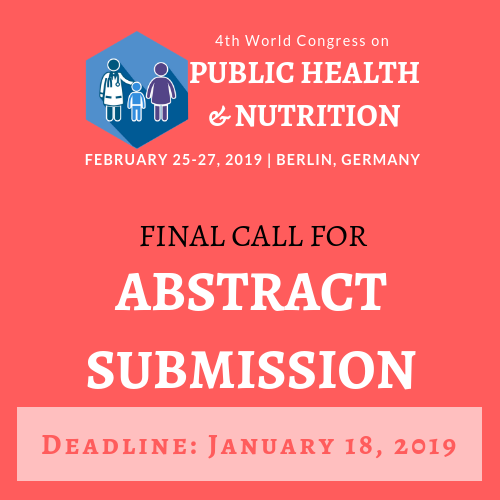
Biography
Biography: Eman Derbi
Abstract
Food subsidy program is a common policy in the Middle East and North Africa (MENA). In Libya the food subsidy program has been established at the beginning of 1970s to provide social support and reduce health inequalities among citizens. Despite that there is growing arguments and criticisms regard food subsidy programmes as being one of the reasons for increasing obesity especially in the low socio-economic class due to lowering the cost of high calorie dense food. Besides the big financial burden of the program on the state budget. According to the Libya’s Price Regulation Fund the cost of the program is over 2 billion LYD in 2012 which is the latest available data. The aim of this presentation is to share some of the preminarly results of a qualitative study conducted in Tripoli which explored views of health professionals, policy makers and community members towards the food subsidy program, using semi structured interviews with 9 health professionals (doctors, dieticians, and nurses), 6 policy makers and six focus groups with 48 community members from different socio-economic classes and education levels. The findings indicate that there are contradictory views regarding the food subsidy program, where most policy makers and high educated participants reported that the program had a negative impact on people’s eating behaviours and food choices and need to be reformed, while the less educated participants reported that the program provides people with the stable food at a cheap price to feed their children as their wages are very low.

